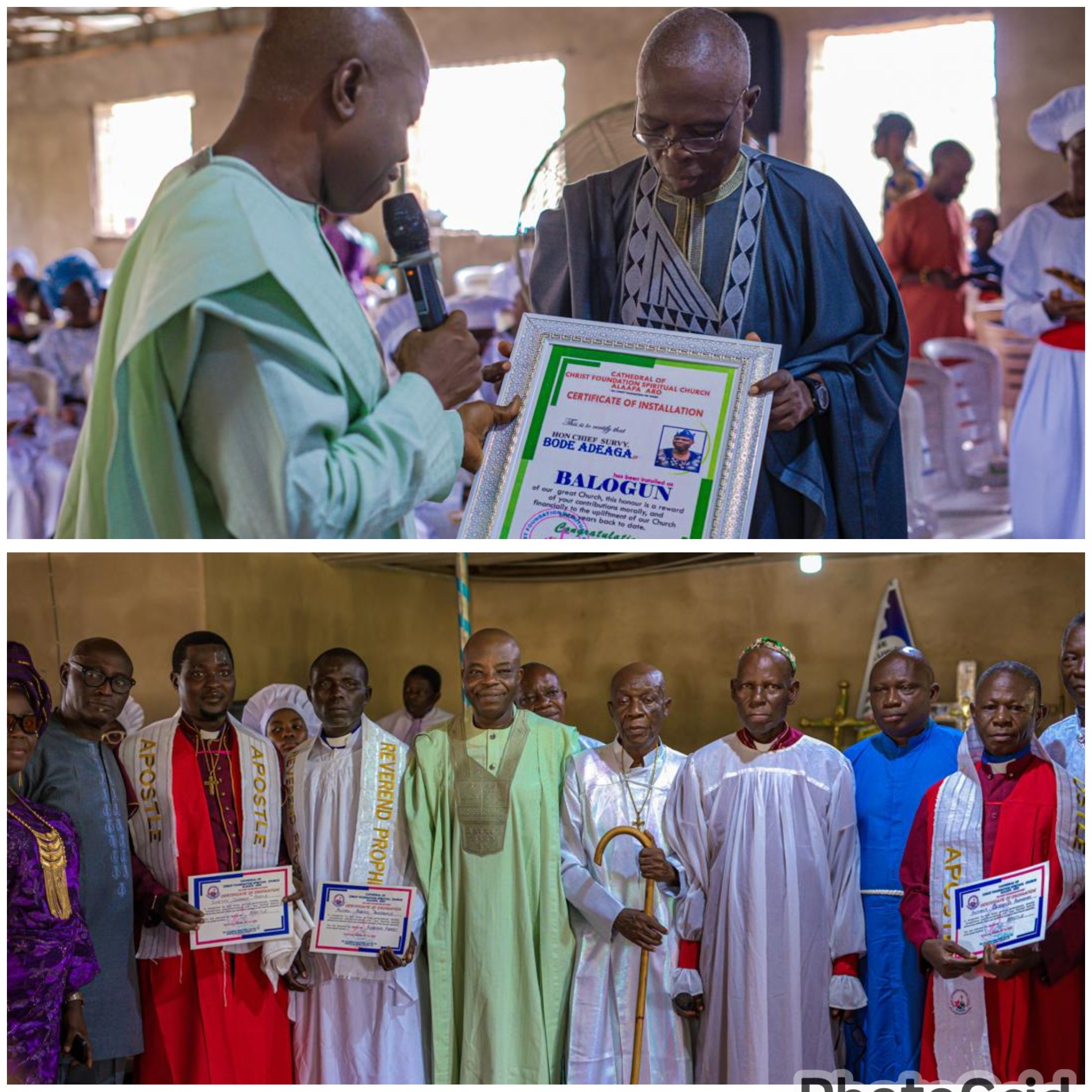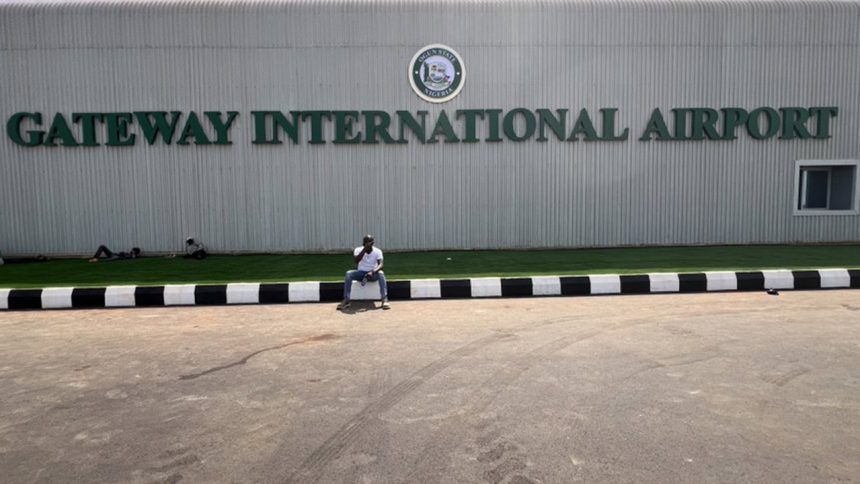By Kayode Oladele
As Ogun State gradually inches toward the 2027 governorship election, one name continues to dominate political conversations across the three senatorial districts, Senator Solomon Olamilekan Adeola Yayi.
From Abeokuta to Ilaro, Sagamu to Imeko and Ijebu -Ode to Otta, his growing acceptance cuts across party lines, social classes, and cultural or religious divisions. It is not difficult to understand why: Yayi’s politics is defined by performance and a strong sense of justice, virtues that increasingly resonate with a population yearning for equity and effective governance.
Ogun’s political landscape has historically been shaped by regional sentiment. Since its creation in 1976, the state has never produced a governor from Ogun West (Yewa-Awori). Despite their loyalty and contributions, the zone has remained on the margins of executive leadership.
Yayi’s emergence challenges this historical imbalance. His paternal roots lie in Yewa land, while his maternal lineage is from Kemta, Abeokuta, the heart of Egbaland. This dual identity gives him an uncommon advantage: he is both Egba and Yewa, both insider and bridge-builder. In a state that values fairness and inclusivity, his emergence symbolizes balance, the very essence of the Federal Character spirit that Nigeria aspires to.
This heritage also makes him the most naturally unifying figure in the forthcoming political equation. He is seen not as a sectional politician but as a convergence of identities, the one capable of ending decades of political exclusion while sustaining the state’s developmental momentum.
Unlike many aspirants who rely solely on political promises, Yayi has an established record of performance. As Senator representing Ogun West, he has turned legislative representation into tangible community transformation. His numerous constituency projects: roads, classrooms, boreholes, electrification, skill-acquisition centres, and educational scholarships reflect a results-driven approach.
Beyond Ogun West, his influence as Chairman of the Senate Committee on Appropriation has positioned him as a national player capable of attracting federal attention and projects to his home state. His interventions in education, agriculture, and youth empowerment demonstrate what practical leadership looks like not through grand speeches but visible impact.
Yayi’s momentum is further fueled by strategic endorsements and organic grassroots support. Traditional rulers, political leaders, and influential voices across Ogun are increasingly aligning behind him. Recently, the Osi of Egbaland, Chief Bode Mustapha, publicly described him as “a product of the Egba agenda,” affirming his maternal link to Abeokuta and his place in the Egba-Yewa bridge.
At the grassroots, artisans, youth groups, and market women are mobilizing voluntarily in what appears to be a spontaneous movement rather than a choreographed campaign. They see Yayi as a servant-leader: approachable, consistent, and compassionate. For many, his political ambition represents not just the pursuit of power but the actualization of justice for Ogun West and a continuation of Governor Dapo Abiodun’s developmental agenda.
Yayi’s journey through the political ranks from the Lagos State House of Assembly to the House of Representatives and now the Senate gives him a rare combination of legislative experience, administrative understanding, and political maturity. He embodies the Tinubu-era school of governance: performance anchored on accountability, inclusion, and people-centred development in line with the President’s Renewed Hope Agenda.
With Ogun State expanding industrially and economically, the next phase of leadership requires someone with both the network and experience to consolidate gains. Yayi’s national stature and cross-regional acceptability make him uniquely prepared for that task.
Every election cycle produces aspirants; few evolve into movements. What is happening around Yayi fits the latter description. His support base is growing organically across wards, communities, and senatorial zones; a sign that the people themselves are driving the conversation.
The 2027 election will not merely be about who can win, but about who can unite. It will be a test of inclusion, capacity, and continuity. In this equation, Yayi stands tall as a reconciler between old challenges and new possibilities.
The conversation about Ogun 2027 has moved from speculation to conviction. Whether in political circles or among ordinary citizens, there is a growing consensus that Senator Solomon Olamilekan Adeola Yayi represents a blend of competence, character, and inclusiveness rarely found in one person.
If Ogun State seeks a future that balances continuity with fairness, and development with justice, then Yayi is more than an aspiration, it is a reflection of the state’s next chapter.
The momentum is real, the message is clear, and the movement is gathering strength by the day.
Ogun 2027 may well be the year the tide turns and Yayi stands at the centre of that historic shift.




